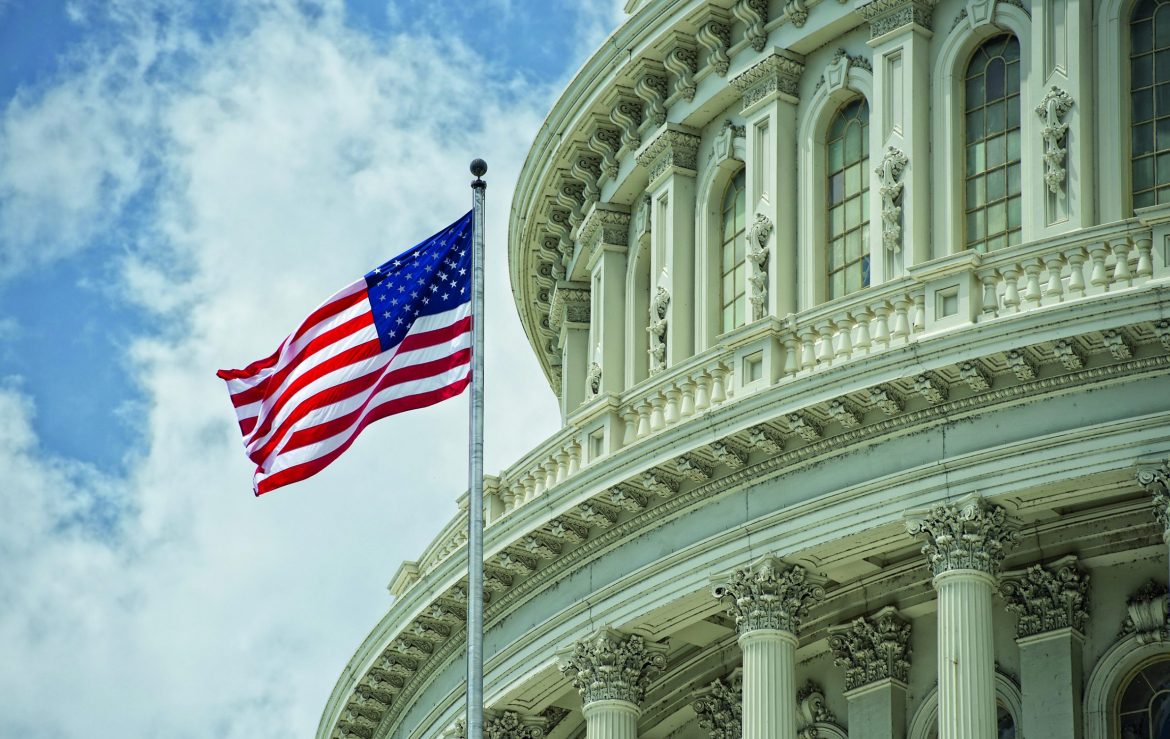Top science advisers to President Joe Biden are calling for a new “bill of rights” to guard against powerful new artificial intelligence technology.
The White House’s Office of Science and Technology Policy on Friday launched a fact-finding mission to look at facial recognition and other biometric tools used to identify people or assess their emotional or mental states and character.
Biden’s chief science adviser, Eric Lander, and the deputy director for science and society, Alondra Nelson, also published an opinion piece in Wired magazine detailing the need to develop new safeguards against faulty and harmful uses of AI that can unfairly discriminate against people or violate their privacy.
“Enumerating the rights is just a first step,” they wrote. “What might we do to protect them? Possibilities include the federal government refusing to buy software or technology products that fail to respect these rights, requiring federal contractors to use technologies that adhere to this ‘bill of rights,’ or adopting new laws and regulations to fill gaps.”
This is not the first time the Biden administration has voiced concerns about harmful uses of AI, but it’s one of its clearest steps toward doing something about it.
European regulators have already taken measures to rein in the riskiest AI applications. Proposed regulations outlined by European Union officials this year would ban some uses of AI, such as government use of real-time scanning of facial features in public spaces, and tightly control others that could threaten people’s safety or rights.
Political leaders in Western democracies have said they want to balance a desire to tap into AI’s economic and societal potential while addressing growing concerns about the reliability of tools that can track and profile individuals and make recommendations about who gets access to jobs, loans and educational opportunities.
A federal document filed Friday seeks public comments from AI developers, experts and anyone who has been affected by biometric data collection.













